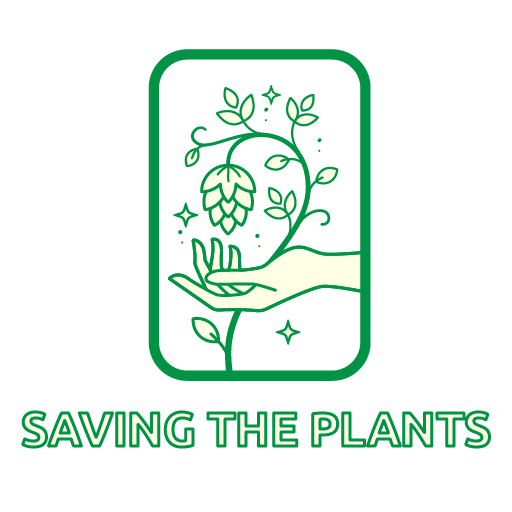Cannabis is a multipurpose, multi-billion dollar industry that has been stuck in the United States since its inception. With medical marijuana legalized across 33 states, patients are now starting to see drastic changes with their health and daily routine. Patients who say they’re seeing improvement have seen relief from conditions like pain management, sleep apnea, irritable bowel syndrome (IBS), seizures among others
The “what makes ptsd worse” is a question that many cannabis patients are asking. There are many possible causes, but the most common one is sleep deprivation. Cannabis has been shown to help with sleep and PTSD symptoms, which can lead to improved pain management as well.
A promising new study involving patients in Canada—most of them over the age of 50—found they experienced improvements in the symptoms caused by chronic pain, post-traumatic stress disorder (PTSD), and sleep disorders after starting therapy with medical cannabis.
The study backs up past research that has shown cannabis has a positive impact, especially managing pain and improving sleep. It also provides scientific evidence why more seniors than ever are turning to medical marijuana to treat various ailments.
The study, conducted by Canadian and Italian researchers and published in the journal Frontiers of Public Health, found that more than 60 percent of patients reported improvements in their medical conditions after using cannabis.
“This real-world data shows that a large proportion of medical cannabis patients report moderate to substantial benefits from cannabis, both in terms of their overall condition and general wellbeing,” the researchers wrote.
Chronic pain sufferers saw significant relief when treated with cannabis and CBD.
The study involved 214 patients in Canada who self-completed web-based surveys between January 2020 and August 2020. After an initial survey that recorded their medical information, each patient began a six-week trial period of cannabis treatment. In follow-up visits, they reported any changes and what, if any, cannabis products they felt caused those changes.
Patients ranged in age from 17-79, but most of the patients were more than 50 years old.
After six weeks, 76 percent of those who suffer from chronic pain reported improvement. Cannabis and CBD proved especially successful in treating two of the most common types of pain, nociceptive and neuropathic.
Patients also were evenly split about what type of treatment worked best. Among those who saw pain relief, 33 percent rated high CBD products as the most helpful, while 31 percent said the same of high THC products.
Cannabis improved the patients’ sense of wellbeing
Those who suffer from PTSD, anxiety, and poor sleep at night also reported substantial improvements. The following lists four areas where people reported issues and the percentage who said they experienced improvements after six weeks of medical cannabis therapy.
- Sleep disorder (92.6 percent)
- Anxiety (84.8 percent)
- PTSD (81.3 percent)
- Arthritis (61.5 percent)
Patients also reported improvement in general wellbeing, with 89.8 percent reporting some level of improvement. Among those who experienced improvement, 42.1 percent reported feeling “better” or “a great deal better.”
Researchers wrote that the study provides “the scientific evidence healthcare practitioners routinely state they require” and can also help lawmakers in “the drafting of future regulatory guidelines surrounding medical cannabis use.”
Terpenes are compounds that give cannabis its distinct smell and taste. They also play a role in the way your body reacts to cannabis, which is why they’re often referred to as cannabinoids. Reference: terpenes for ptsd.
Related Tags
- edibles for ptsd
- ptsd evaluation for medical card
- cbd for ptsd veterans
- rso ptsd


